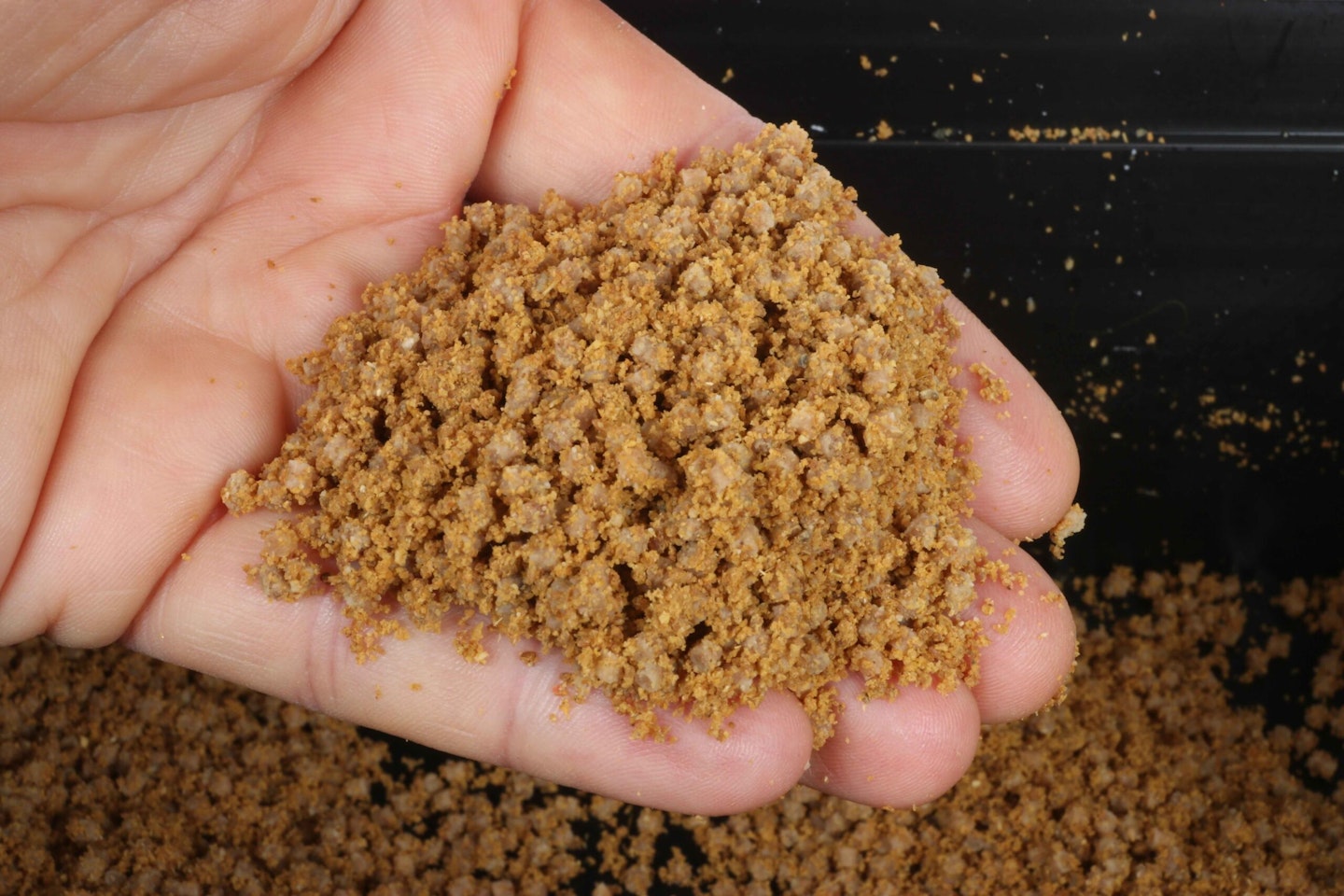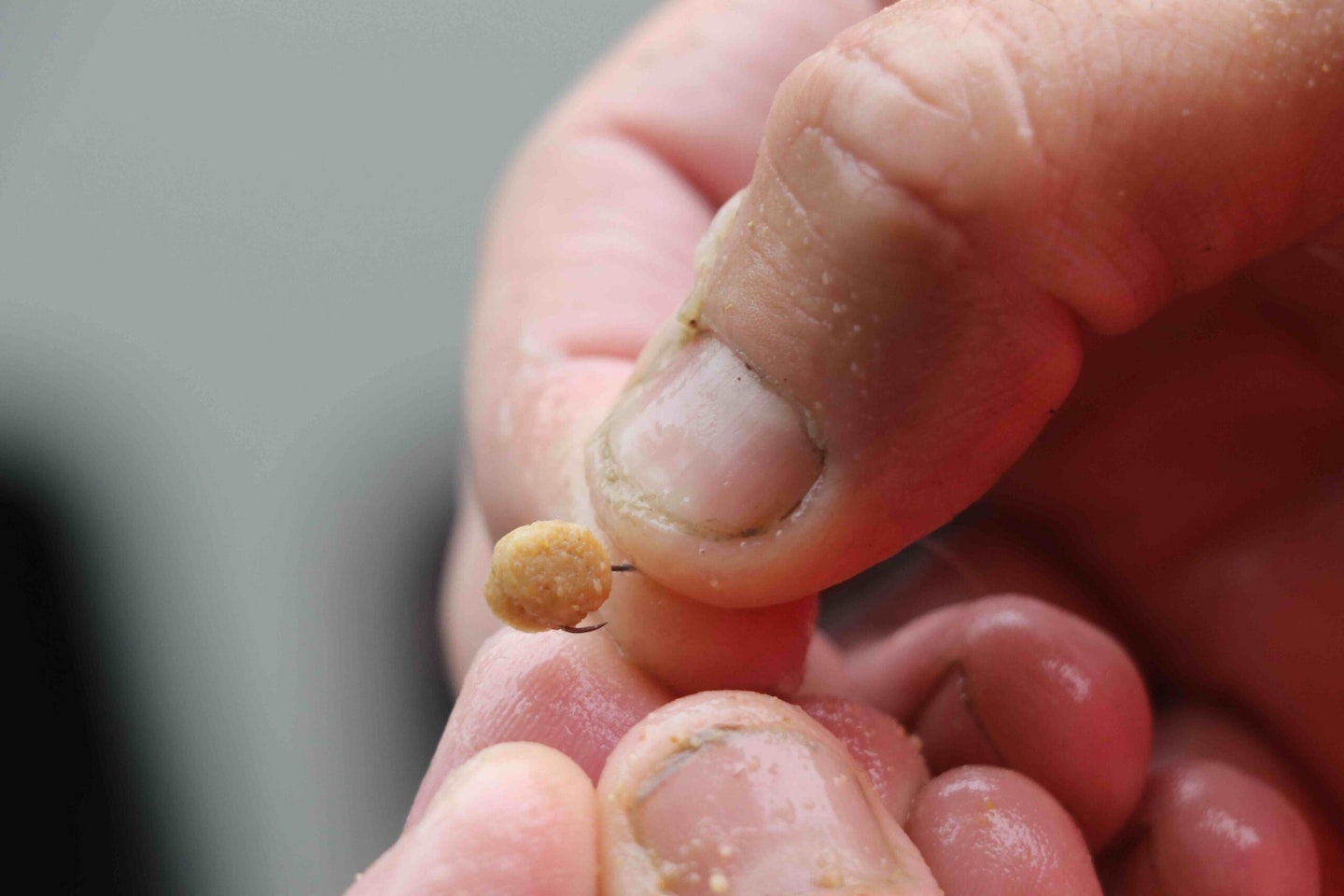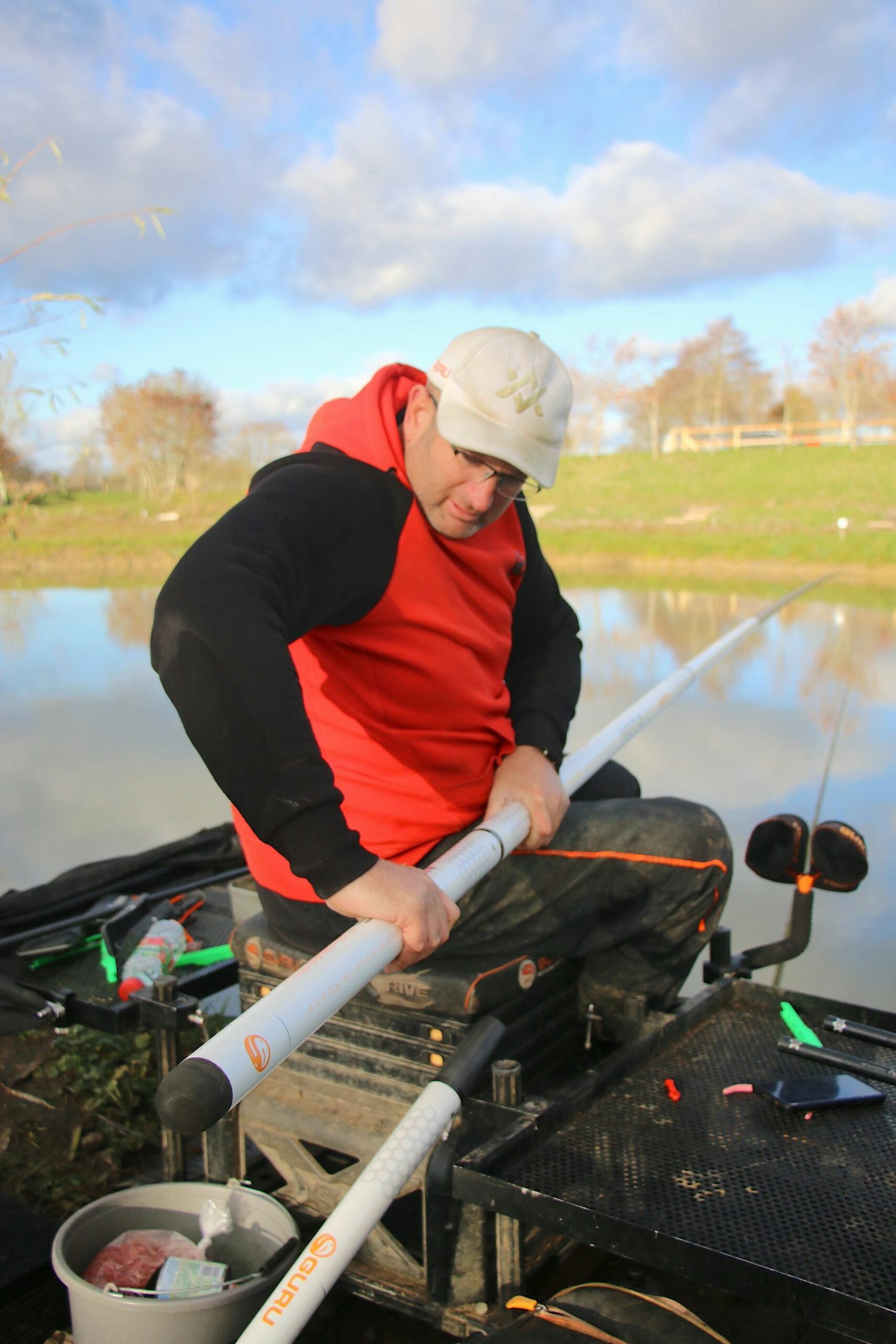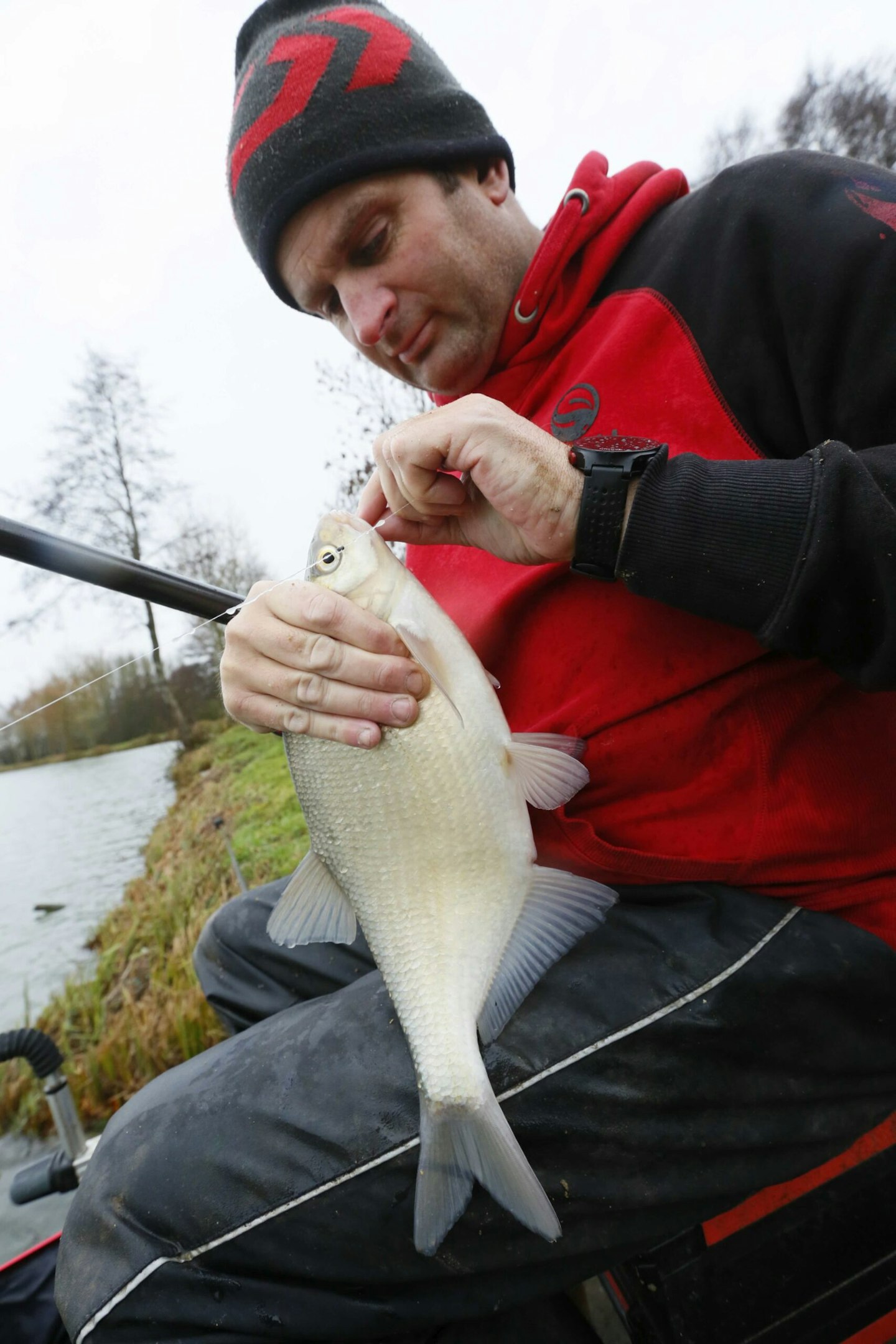There are a lot of match venues in the UK where hand-sized skimmers live alongside their bigger brothers and sisters, and there is certainly a knack to catching this bigger stamp of bream.
Sometimes, these fish simply won’t be in your swim, but you’ll never know if that’s the case until you’ve tweaked your approach accordingly. Here’s how I go about it...
Feeding Choices
There are two routes that you can follow when it comes to bait – groundbait with naturals, or pellets.
Groundbait and maggots is the ‘safe’ option, but it does leave you open to catching fish of all sizes. Pellets, when they work, are pretty much unbeatable. But their unpredictability means that I’ll rarely chuck all my eggs in one basket, preferring to hedge my bets. I’ll start on groundbait and maggots on one line and aim to keep bites coming on this, then use pellets on another.
It’s important not to give up on the pellet line too early. You only need an hour of skimmers on pellets to totally transform your session, so it’s important that you keep feeding it, in case it switches on at some point.
I like to put my pellet line in long, and at a slight angle, if room allows. This means it’s out of the way, but in the best possible place if the skimmers decide they want to eat pellets. Bigger skimmers don’t like being too close to the bank in winter.
THE BEST FISHING POLES WILL HELP IMPROVE YOUR PRESENTATION TO HELP YOU LAND BIGGER FISH.

Hookbait decisions
If you’re catching on pellets, a 6mm expander can work better than a 4mm. It’s a case of a bigger hookbait leading to bigger fish.
If you’re fishing a 6mm expander, a size 14 Guru F1 Pellet will allow you to thread the hookbait on. If your hook is too small, you’ll miss too many bites, as well as having problems with the bait coming off. Another option when pellet fishing for skimmers is to try corn on the hook.
This can help single out any better skimmers in the swim. If you make these changes, and the stamp doesn’t improve quickly and you start to miss bites, come back to your other line with maggots. You need to keep putting fish in the net and not waste time chasing a stamp that might not be available.
IF YOU WANT TO CATCH BIG SKIMMERS, CHECK OUT ONE OF THESE EXCELLENT VENUES!

Upping the ante
If you are on a flyer and have a lot of skimmers in front of you, more aggressive feeding is often the key to catching those bigger fish.
If you top up with groundbait or pellets and get a near-instant run of bigger skimmers, that’s a sign to up your feeding. Note the reaction you get when you do so, paying attention to how long it takes to get a response after feeding and, when you do catch, what size the fish are. This will help you decide your next move.
SITTING COMFORTABLY? YOU WILL BE IF YOU USE ONE OF THE BEST FISHING SEATBOXES!

Search beyond
Big skimmers will often sit on the edge of the shoal and pick up any scraps from the main bed of bait. So it can pay to fish a little beyond where you are cupping your loosefeed in.
If you are feeding at 13m, trying at 13.25m or 13.5m can suddenly put you in touch with what you’re searching for. Doing this alone won’t keep the float going under all day, and it’s often essential to rotate between fishing on and off the bait to keep a few going into the net.
A POLE ROLLER IS ESSENTIAL WHEN FISHING THE LONG POLE, OUR BUYER'S GUIDE CONTAINS SOME OF THE BEST.

Let the swim settle
Big skimmers rarely settle over a bed of bait instantly but, if commotion is kept to a bare minimum, they’ll slowly grow in confidence. This is why it’s best to leave your pellet line alone for at least an hour. Catch smaller fish on maggots and groundbait to start with, and only switch when the spot has been left for a decent while.

